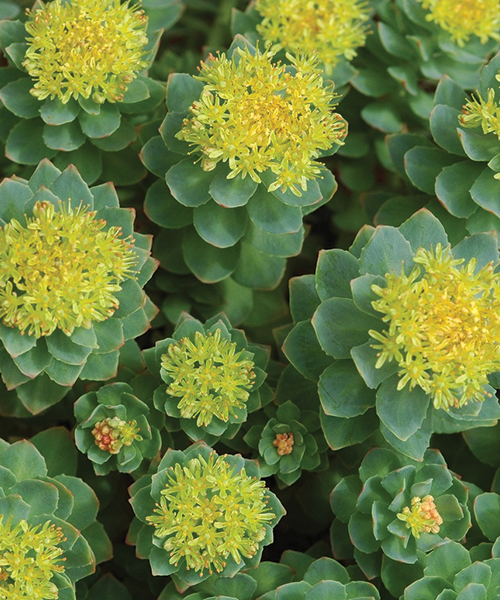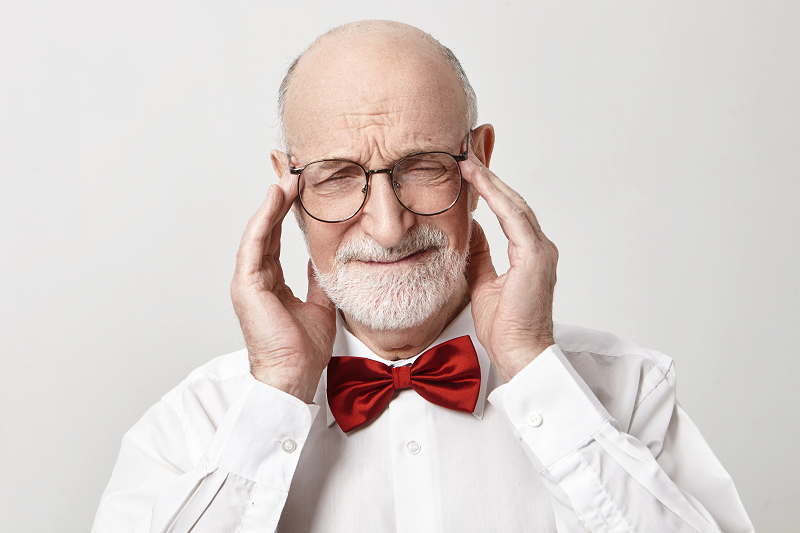Menopause is associated with increased risks for cardiovascular disease, osteoporosis, and cancer. Many women experience declining energy, mood, cognitive function and memory during menopause.
All women are created beings and nature into a multi-tasker, but the problem is many important things that need to be done often just be missed. The female hormone estrogen has a major role to support women maintain its performance in multi-tasking. Actually, this hormone is not only produced in the female body, but also present in the male body in much lower levels.
In addition to its main function in a woman’s menstrual period, estrogen functions can affect the brain, and studies have shown that low estrogen levels associated with poor mood. Signs and symptoms of estrogen deficiency may vary and may depend on how severe the low levels of estrogen in a woman. In the transitional period before menopause or menopause, some of the signs and symptoms of estrogen deficiency including sleep disorders that can cause extreme fatigue during the day, inability to focus. Other symptoms due to low level estrogen are, joint pain, headaches, osteoporosis, dry skin, increased risk for bladder infection and can cause severe depression.
The latest case study on middle-aged women who have experienced menopause at age 44, and it affects her performance as a mother and worker in the fifth year after the period of menopause begins. She began experiencing insomnia, anxiety, fatigue and mild depression. Adding to her concerns were increasing problems remembering details, losing her train of thought when interrupted, and difficulty completing tasks at work. After running a conventional treatment with taking antidepressants, including sertraline, fluoxetine, and paroxetine. These drugs can relieve symptoms, but have side effects that are not good also.
The transfer of the consumption of herbal medicines have no side effects needs to be addressed. Studies showed by converting the treatment to use R. rosea at a starting dose of 150 mg twice a day. In the first week, that increased energy. By the third week, it helps patient to less depressed and anxious. After increasing the R. rosea in two steps to the 300 mg twice daily for six weeks, there is improvement in speed of recall, “mental sharpness,” mental focus, and ability to plow through effectively work. There were no changes in weight, no adverse effects.
However, in patients with anxiety, sensitivity to stimulants or cardiac arrhythmias, administration of activating agents, such as R. rosea may exacerbate anxiety or insomnia, or occasionally increase of heart rate or frequency of irregular rhythms. Patients should be advised to avoid combining R. rosea with large amounts of caffeine because the stimulative effects are additive and can lead to tachycardia. For most patients, the dose of R. rosea extract should not exceed 800 mg per day (3% rosavins, 1% salidrosides).
Preclinical and clinical studies suggest that R. rosea extracts provide a combination of effects that could counteract the adverse consequences of estrogen decline by improving neurological, endothelial, and cardiovascular functions. R. rosea could alleviate menopause-related symptoms while conferring additional neuro-protective, cardio-protective, anti-stress, anti-fatigue, osteo-protective, and other health benefits.
Read more about our product Rhodiola rosea.
[1] Gerbarg, P. L., and Brown, R. P. 2016. Pause menopause with Rhodiola rosea , a natural selective estrogen receptor modulator. Phytomedicine 23:763 – 769.



